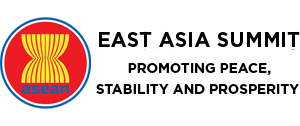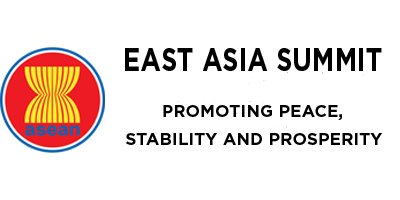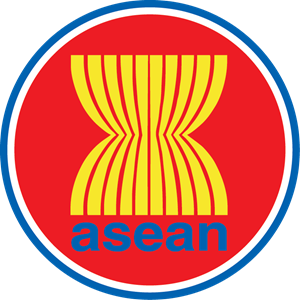EDUCATION
2.1 Increase communication and dialogue in educational policies through the EAS Education Ministers' Meeting and other mechanisms;
2.2 Foster long-term and mutually beneficial educational cooperation through alignment of future EAS Cooperation on Education and ensuring its complementarity with the ASEAN Work Plan on Education 2016-2020;
2.3 Implement relevant programmes/projects/activities with an emphasis on inclusive and quality primary, secondary and higher education including technical and vocational education and training (TVET);
2.4 Develop and promote school programmes in history, culture, geography, languages and social studies to enhance mutual understanding among EAS participating countries;
2.5 Encourage the exchange of educational materials, where appropriate and on a voluntary basis;
2.6 Promote student, youth and people-to-people exchanges among EAS participating countries through such means as the continued conduct of study and scholarship programmes;
2.7 Encourage the development of Nalanda University’s networks with universities of EAS participating countries to promote academic cooperation and research;
2.8 Strengthen competency of teachers and educators in ICT and 21st Century skills and encourage promotion of a life-long learning society;
2.9 Promote Education for Sustainable Development (ESD) in the region and encourage promotion of a life-long learning society;
2.10 Promote academic and training programs/projects/activities that incorporated competencies of the fourth industrial revolution and 21st century skills;
2.11 Support educational programs that implement blended learning and digital platforms to improve access to quality education for all;
2.12 Promote the initiative of the common educational space and recognition of qualifications and diplomas within the region;
2.13 Encourage qualifications, diplomas and learning pathways that provide opportunities to broaden graduate skills;
2.14 Encourage cooperation to promote learning pathways for broadening graduates' skills;


